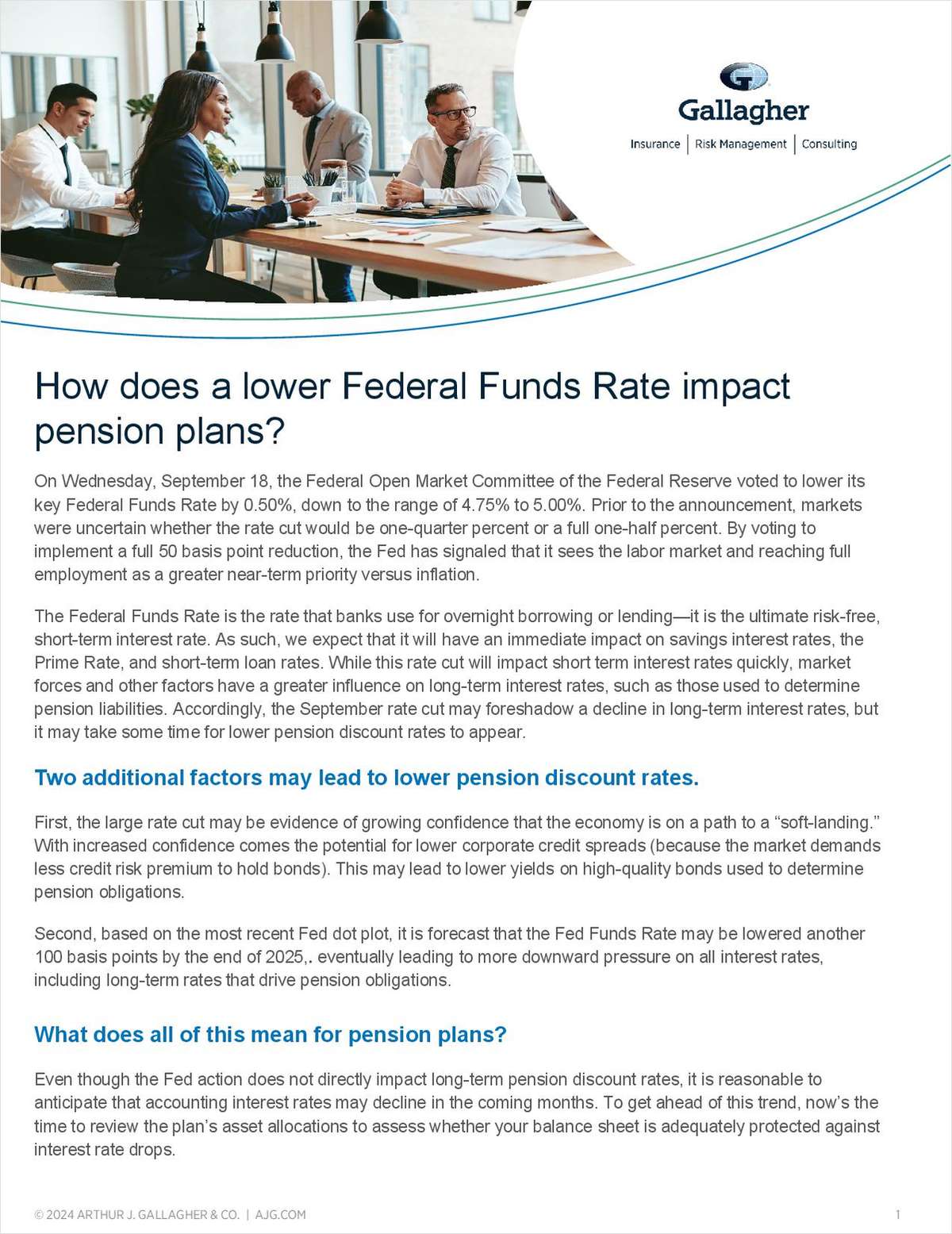House Republicans passed a measure Tuesday that would allow companies to offer employees compensatory time rather than time-and-a-half pay, something supporters say would enhance workers’ scheduling options but opponents warn would erode protections.
"Nothing should stop us from doing what we can right now to help make life a little easier for moms and dads," the bill’s sponsor, Alabama Republican Representative Martha Roby, said during the floor debate preceding the vote.
The bill passed on a largely party-line vote of 229 to 197. A similar one passed the House in 1996, 1997 and 2013, only to fail to get through the Senate -- where its again faces hurdles. Majority Leader Mitch McConnell, a Kentucky Republican whose office declined to comment, hasn’t indicated whether he plans to take up the measure.
If he does, it’s likely to face opposition from Democrats. Republicans, who hold 52 Senate seats, would need the support of eight Democrats to overcome a filibuster if all Republicans support the measure. Otherwise, the bill would stall once again in the Senate.
Senator Lamar Alexander, a Tennessee Republican and chairman of the Senate Health, Education, Labor and Pensions Committee, favors the measure getting a vote in the Senate "when time allows," Taylor Haulsee, a spokesman, said in an email.
|Senator Warren
"With working families across the country scraping to make ends meet, Congress should strengthen protections for workers -- not gut protections already on the books," Senator Elizabeth Warren, a Massachusetts Democrat, said in an email. "But today, House Republicans are actually voting to make it legal for employers to cheat their workers out of overtime pay."
The Trump Administration announced Tuesday that it supports the bill, saying in a Statement of Administration Policy that it "would help American workers balance the competing demands of family and work by giving them flexibility to earn paid time off — time they can later use for any reason, including family commitments like attending school appointments and caring for a sick child."
Under current law, eligible private-sector employees must be paid time-and-a-half for any hours beyond 40 that they work in a week. Under the Republican proposal, companies and individual employees could agree that their overtime work would instead be rewarded with comp time.
|Sunset provision
In lieu of getting paid any wages right away for their extra hours in a week, those employees would instead accrue an hour and a half in a comp time bank for each extra hour they worked, which they could then request to use at a future date as paid time off. The House bill has a “sunset” provision that would make it expire five years after enactment unless it’s extended.
"This bill would ensure workers have less time, less flexibility and less money," Maryland Democratic Representative Anthony Brown said in a floor speech before the vote.
Supporters say the proposal would help workers take care of children or aging parents without forfeiting their pay.
"Congress, of course, cannot legislate another hour in the day," Roby said in an interview Monday. "But we can give men and women more choice and flexibility in how they choose to use their time.”
Republicans say the bill has plenty of worker protections, like a ban on coercing employees into choosing comp time; a guarantee that they be paid for any unused comp time within thirteen months after accruing it; and a requirement that workers who asked to utilize their comp time get to do so “within a reasonable period after making the request if the use of the compensatory time does not unduly disrupt the operations of the employer.”
That doesn’t satisfy opponents, who see the bill as a Trojan horse that undermines existing protections for workers without creating any actual new ones.
“It’s a complete and total fraud,” said Ross Eisenbrey, vice president of the left-of-center Economic Policy Institute.
Nothing under current law prevents companies from just offering paid sick days or family leave to their workers, opponents of the proposal say -- or short of that, from granting requests for unpaid leave. Because workers right now could take paid overtime and then use the money to make up for unpaid leave taken later, they argue, there’s no benefit to them in letting them instead work unpaid overtime and then make up for it by taking paid leave.
Given the prevalence of wage-and-hour violations and Trump’s proposal to slash the Department of Labor’s budget, workers who are illegally coerced out of time-and-a-half would be unlikely to get help, said Ellen Bravo, founder of the coalition Family Values at Work.
“It plays into the hands of bad actors who are already engaging in wage theft – it gives them another tool," Bravo said.
Copyright 2018 Bloomberg. All rights reserved. This material may not be published, broadcast, rewritten, or redistributed.
Complete your profile to continue reading and get FREE access to BenefitsPRO, part of your ALM digital membership.
Your access to unlimited BenefitsPRO content isn’t changing.
Once you are an ALM digital member, you’ll receive:
- Breaking benefits news and analysis, on-site and via our newsletters and custom alerts
- Educational webcasts, white papers, and ebooks from industry thought leaders
- Critical converage of the property casualty insurance and financial advisory markets on our other ALM sites, PropertyCasualty360 and ThinkAdvisor
Already have an account? Sign In Now
© 2024 ALM Global, LLC, All Rights Reserved. Request academic re-use from www.copyright.com. All other uses, submit a request to [email protected]. For more information visit Asset & Logo Licensing.








